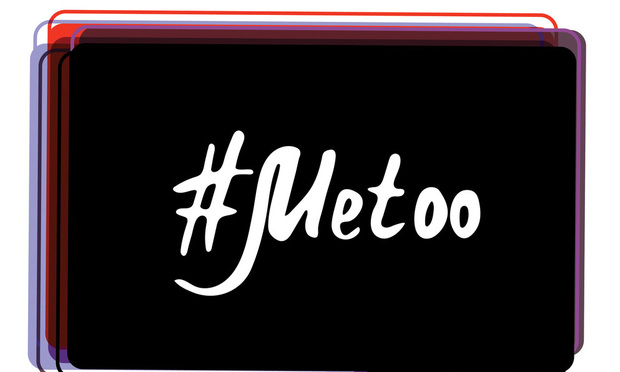Since the social media hashtag #MeToo spread virally in October 2017, the near daily revelations of sexual harassment and assault across numerous industries have encouraged employers to consider changes in employment practices to promote safer and more inclusive workplaces for all employees. While preventative initiatives are critical—and it is positive news that many companies have, in recent months, rolled out revised harassment and discrimination policies, reevaluated their reporting channels for complaints, and implemented more robust prevention of workplace harassment training programs—employers’ response to the #MeToo movement should not end there. Rather, employers should evaluate what steps they can take now to be well-prepared to respond to any future report of harassment, from the time a complaint is lodged through the conclusion of an investigation and any necessary remediation.
The overarching question employers should consider is this: When an employee makes a harassment complaint, is the company ready to respond? Although most companies have written policies prohibiting workplace harassment, employers can experience challenges responding quickly when employees report harassment. Regardless of an employer’s good intentions to properly respond to complaints, the absence of a previously thought-out response plan can result in difficulties with the intake of the complaint, delays in initiating an investigation, failure to properly investigate or remediate the alleged harassment, inadequate communication with the parties, or some combination of these unforced errors.







